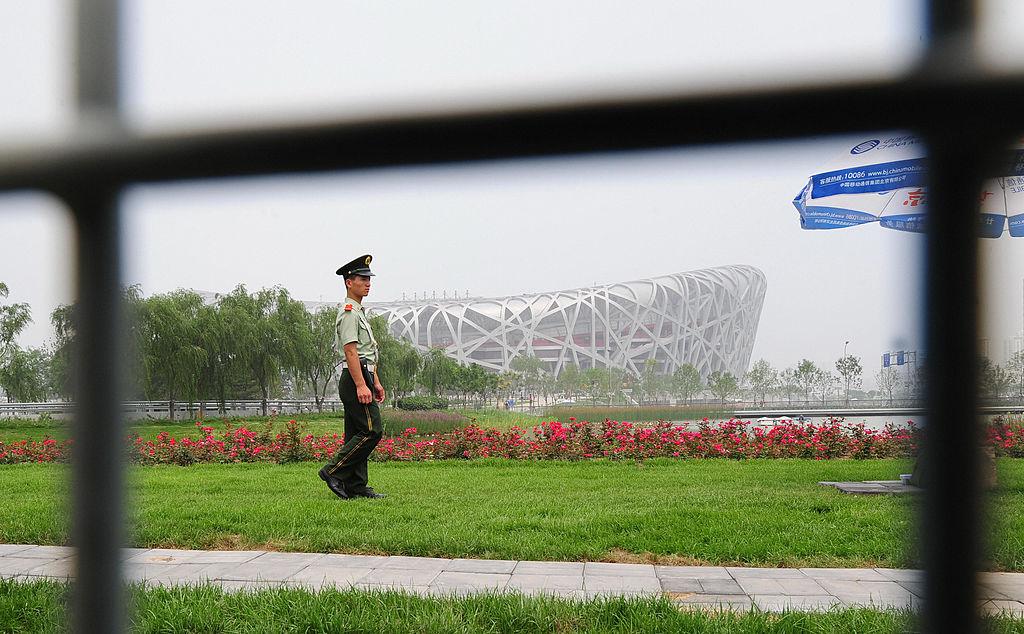More than 10 years after Beijing hosted the Olympics Games, China has continued to trample on human rights and press freedom.
Now, with less than three years before China hosts the next games, the 2022 Winter Olympics, to be held in Beijing, U.S. Sen. Rick Scott (R-Fla.) is bringing attention to how China has failed to deliver its promises in hosting the games.
In Hong Kong, pro-democracy protests have continued for six months, as police continue to use heavy-handed tactics, and the city government and Beijing refuse to meet protesters’ demands, fueling public anger.
“As they continue to fight for democracy, the Communist government in China has turned Hong Kong into a police state as a way to force their citizens into compliance with Beijing’s rule of law,” Scott wrote in his letter, based on his observations during a recent trip to Hong Kong.
There are risks if the games are held in China, Scott said. Given China’s “totalitarian surveillance,” Beijing would have “full access to a global array of dignitaries, athletes, corporations, and governments” when they turn on their cellphones or connect to their hotels’ wireless networks.
“I ask this committee [IOC] to stand up for freedom and urge Communist China to do the right thing, or find a new home for the 2022 Olympic Games,” Scott said.
“We can accomplish our mission only if we stay out of any political dispute,” Bach wrote.
“The response I received from the International Olympic Committee is shameful and embarrassing for an organization that prides itself on ‘uniting the world in peaceful competition.’ Are they naïve enough to think Communist China wants to unite the world?” Scott wrote.
“The Committee claims to be politically neutral, but the fight for human rights transcends politics. It’s sad they cannot see this.”
Scott also noted that Bach failed to provide any information on how to prevent China from stealing people’s personal information when they travel to Beijing for the games.
“This kind of cowardice is shameful and disappointing, and the world needs to speak out against every organization that refuses to defend freedom and human rights,” Scott said.
2008 Summer Olympics
Beijing hasn’t made any improvements in terms of human rights and press freedom since it held its first Olympics Games in 2008.U.S. officials voiced similar concerns back in 2008.
“Sadly, the Chinese government has not lived up to its commitments to improve the human rights situation in China and Tibet,” Pelosi wrote.
“These pre-Olympics actions by the Chinese government are inconsistent with international human rights standards such as equal treatment, freedom of residence, and right to work,” the CECC wrote.





